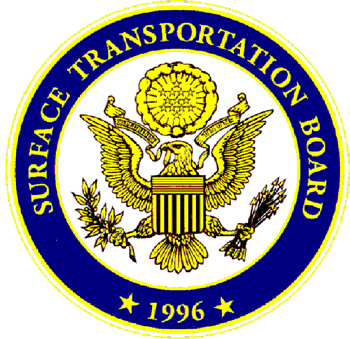 WASHINGTON — Passengers on a recent Amtrak Northeast Regional train and at Washington Union Station may have been exposed to measles, according to District of Columbia health officials.
WASHINGTON — Passengers on a recent Amtrak Northeast Regional train and at Washington Union Station may have been exposed to measles, according to District of Columbia health officials.
An advisory from DC Health says passengers aboard trip Northeast Regional train No. 175 on Wednesday, March 19, may have been exposed from 7:30 p.m., when the train left New York, to 1 a.m., and at the Amtrak concourse at Washington Union Station between 11 p.m. and 1:30 a.m.
The health agency says those who might have been exposed and are not immune should contact their health care provider, or call DC Health at 844-493-2652 for more guidance. Those who have been exposed and have not had a measles vaccine or a measles-containing vaccine (measles, mumps, or rubella) should watch for symptoms for 21 days following exposure.
More information is available here.














“Most but not all people vaccinated against measles are protected for life, and the chance of being protected increases with a second dose of measles vaccine. Those who develop a protective response to measles vaccine are thought to be covered for life as there is no evidence this protection is lost with age.
Adults who were vaccinated for measles between 1963 and 1968 should check their vaccination history to determine which vaccine they received. During that time, a version of the vaccine that used an inactivated form of the virus was available that was found to not be as effective and was ultimately withdrawn. Only about 600,000–900,000 people in the U.S. received that vaccine in the years it was available, a very small percentage of the current population.
It is not harmful to get an additional dose of measles vaccine, even if you’ve been vaccinated previously or have natural immunity from prior infection.
Older adults who were born before 1957 are presumed to have naturally induced immunity, because they were likely exposed to measles before vaccines became available.
There are also blood tests that can measure antibodies to the measles virus. These tests are helpful for people who are immunocompromised or have another condition that prevents them from receiving the MMR vaccine. These tests are also common for ensuring health care workers are protected, especially those working in children’s wards or in areas with increased risk of measles exposure.”
Dr. Güntürk Üstün
Güntürk Üstün:
A former CDC infectious person said that the killed virus vaccine from the 1960s till 1990s was not as effective as the other attenuated virus vaccine same time. Do you have any input as to the correctness of this statement?
Would this apply to now adults that got the killed virus vaccine during that time? Should they get an antibody test?
As a physician railfan, I should remind all the interested readers and commentators that MEASLES is a highly contagious disease caused by measles virus. It spreads easily when an infected person breathes, coughs or sneezes. It can cause severe disease, complications, and even death.
Measles can affect anyone but is most common in children.
Measles infects the respiratory tract and then spreads throughout the body. Symptoms include a high fever, cough, runny nose and a rash all over the body.
Being vaccinated is the best way to prevent getting sick with measles or spreading it to other people. The vaccine, first introduced in 1963, is safe and helps your body fight off the virus.
Wishing you days with trains but without measles.
Dr. Güntürk Üstün
Please be informed that “up to 3 in 100 people who get vaccinated for measles may still get sick”. The Amtrak case appears to be one of those very rare cases. Note that “even rare cases of measles among vaccinated individuals tend to involve milder symptoms than unvaccinated cases”.
Dr. Güntürk Üstün